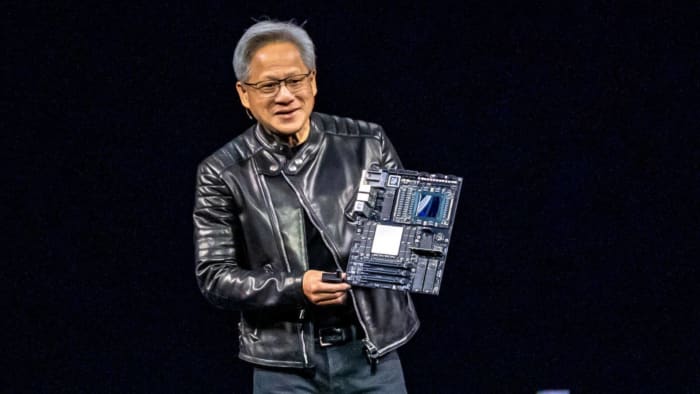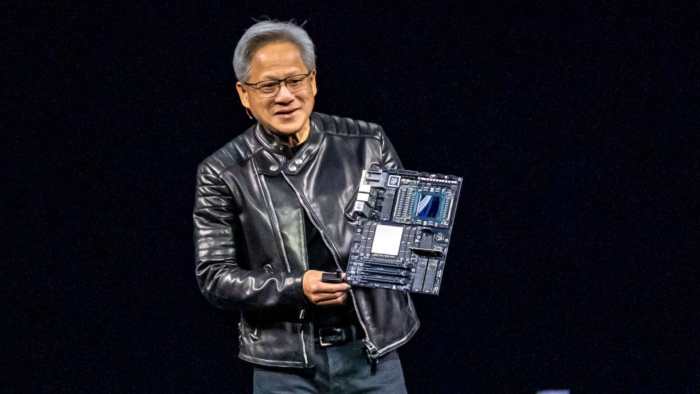U.S. Weighs Restrictions on Chinese AI Startup DeepSeek Amid Escalating Trade Tensions
The Trump administration is considering significant restrictions on Chinese artificial intelligence startup DeepSeek, potentially banning U.S. users from accessing its AI model and penalizing U.S. tech companies that conduct business with it. This move is the latest escalation in the ongoing trade tensions between the U.S. and China, particularly in the tech sector.
DeepSeek, a relatively unknown Chinese AI startup, recently gained international attention with the launch of its R1 AI model. Built on less advanced AI chips and trained at a fraction of the cost claimed by some CEOs for large language models (LLMs), DeepSeek’s achievement shocked the tech world. The company’s success was particularly notable given the restrictions on accessing advanced U.S. technology.

The White House’s consideration of restrictions on DeepSeek comes as part of a broader effort to maintain U.S. dominance in AI technology. Concerns have been raised in Washington that China could potentially leapfrog the U.S. in AI development, which would have significant implications for national security and geopolitics. Former Alphabet CEO Eric Schmidt has warned that China’s rapid advancements in AI, exemplified by DeepSeek’s R1 model, demonstrate how quickly the landscape of technological supremacy can shift.
The potential restrictions on DeepSeek could have far-reaching consequences for both U.S. and Chinese tech companies. Nvidia, a major U.S. chipmaker, has already been impacted by trade tensions, with the Trump administration imposing restrictions on its sales of AI chips to Chinese companies. DeepSeek’s R1 model was trained on Nvidia graphics processing units (GPUs), making Nvidia a key player in the story.
While a ban on DeepSeek could eliminate a competitor for U.S. AI companies like OpenAI and Anthropic, it also poses risks for U.S. tech firms. If China continues to develop its own AI infrastructure, it could reduce its reliance on U.S. technology, potentially compromising the U.S.’s global influence in the sector.
The situation highlights the complex interplay between technological competition and trade policy. As the U.S. and China navigate these challenges, the global tech industry faces uncertainty about the future landscape of AI development and deployment.


